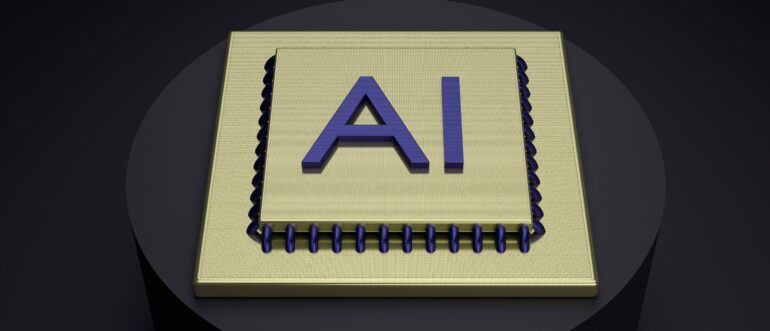
Artificial intelligence (AI) is getting real in corporate America. Two studies on Thursday make the case that the hype is slowly turning to reality.
Although development and application of the technology is still nascent, AI is gaining traction in the form of multimodal AI, edge AI, causal AI and agentic AI at U.S. businesses, according to an S&P Global Ratings report published Thursday.
The report, “AI’s Shift From Promise To Practice,” notes investment trends and human talent will be central to the course of AI, leading to increased applications of new technologies, and the management of existing data-management systems to optimize operational efficiencies.
AI’s increasing applications will entangle the systems in which it operates, S&P warns, with the potential for effects to reach far beyond users. The possibility is most evident in the financial sector, where the adoption of AI exacerbates the risk of operational disruption leading to systemic instability that could have wide-ranging implications.
“Over 80% of organizations forecast their AI workflows will increase in the next two years, while about two-thirds expect pressure to upgrade IT infrastructure,” S&P said in its report. “The breadth and nuance of AI’s development, its effects (and potential), are evident in the slate of subjects that we have tasked ourselves to explore over 2025.”
Business consultant Robert Half, meanwhile, said hiring is set to increase in the first half of 2025, in great part because of AI.
The consultant’s State of U.S. Hiring report revealed 63% of American companies plan to add new permanent positions during the first half of 2025, up from 52% just six months ago. Another 34% plan to staff vacated positions while 63% will increase the number of contract professionals on their teams.
More than half (56%) cited company growth as the primary factor influencing their hiring decisions for the first half of 2025. The emergence of new projects (48%) and employee turnover rates (47%) were also identified as key factors driving hiring.
Indeed, three-fourths (76%) of knowledge workers said they used chatbots more over the last three months, but just 20% said they would be disappointed if they lost access, according to UserTesting’s survey of 2,500 knowledge workers. More than a third (36%) said they saved significant time through AI, with 26% shaving an hour a day. But many employees are still not leveraging AI chatbots because they aren’t properly skilled.
A new survey from BusinessHeroes found 55% of more than 400 small-business owners increased profits after implementing AI tools.
At least one prediction on AI’s trajectory, from a large tech company, points to an increasingly harmonious relationship between humans and AI assistants.
“In 2025, machines will perform tasks once thought exclusive to humans. This transformation offers us the opportunity to redefine our relationship with technology and rediscover the essence of our humanity – our emotions, creativity, and connections – that machines can never replicate,” Kathy Pham, vice president of artificial intelligence at Workday Inc., said in an email.
“Preserving our humanness sometimes benefits from assistance, and AI is also poised to provide exactly that, freeing us and our organizations to focus on what is uniquely human,” Pham said. “We will build on research, experience, and recent lessons learned paired with historical context to discern what parts of our work and lives to automate.”


